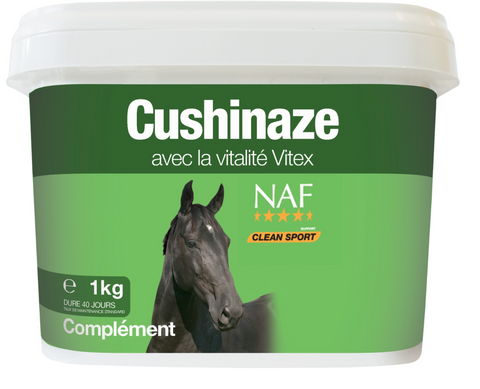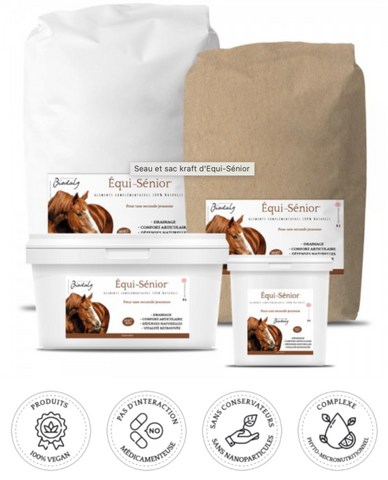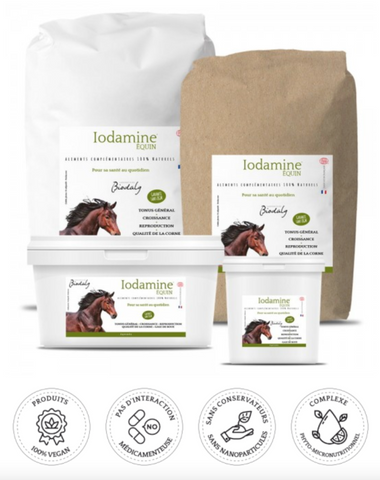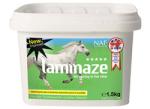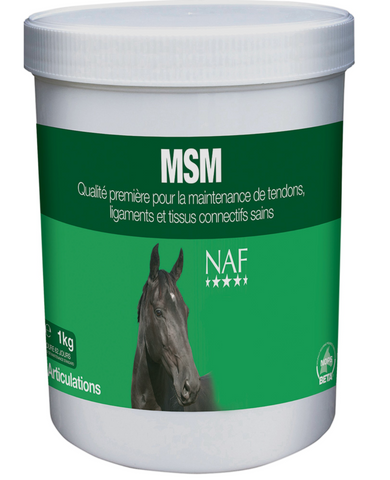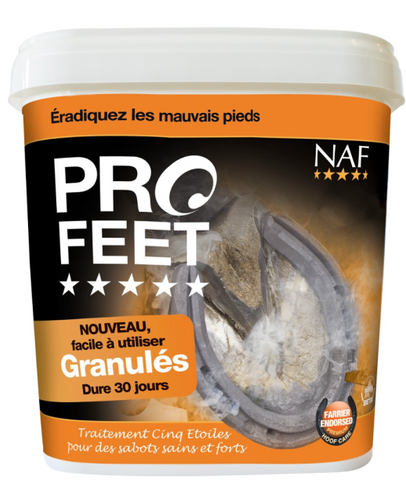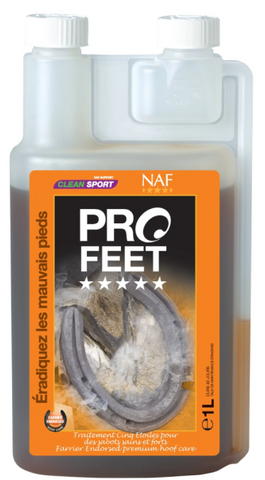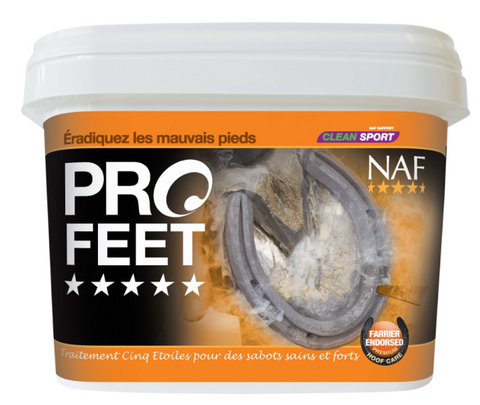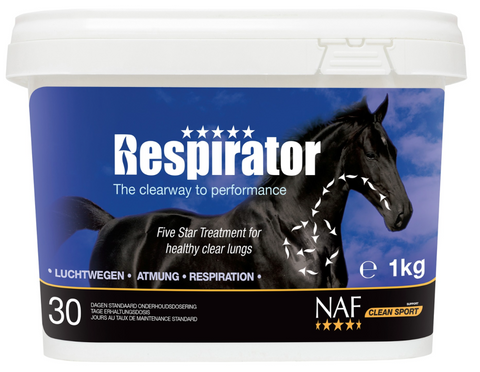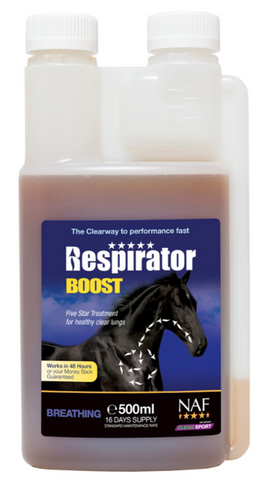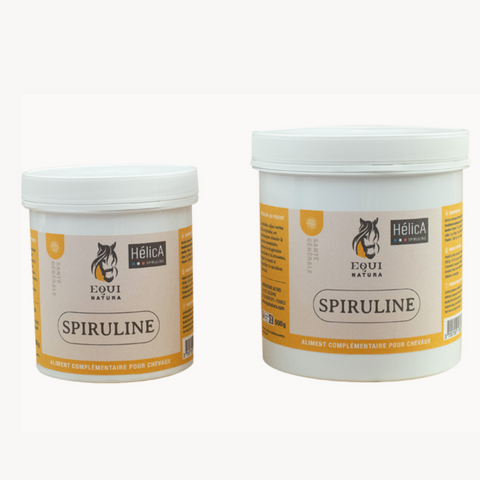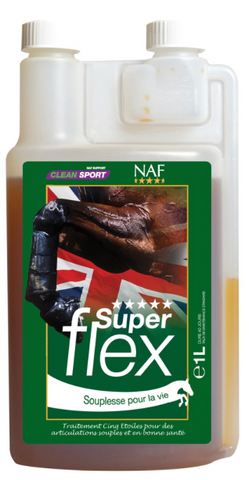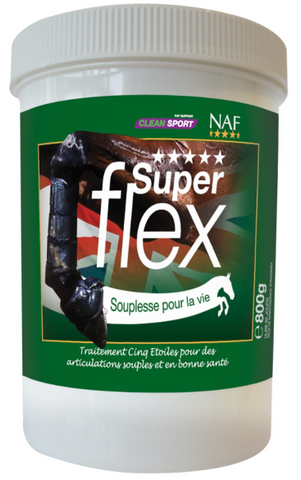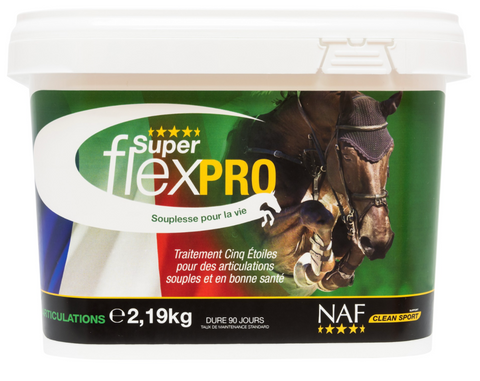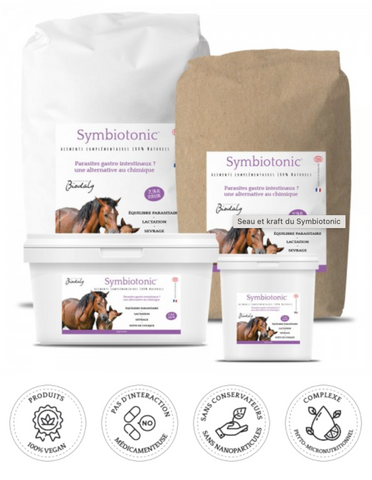Additional information: antioxidants
Oxygen is essential for energy metabolism.
Thanks to oxidation and in the presence of oxygen, the calories provided by the fodder are transformed into energy that the horse can use. During this process a small part of the oxygen molecules undergoes a particular transformation which makes them “free radicals”.
What do free radicals do?
They owe their name to their chemical structure: 1 free electron, which is not combined with other atoms. Free radicals freely enter cells. They are called biochemical terrorists because of their incomplete (and therefore unstable) electronic bonding; they constantly damage body molecules which have complete bonds.
They are capable of extracting the electron from another molecule and transforming it in turn into a free radical; This is called oxidation. This process could be compared to that of the rusting of ferrous metals or the spoilage of food exposed to air.
The process is interrupted with the help of antioxidants which are able to neutralize free radicals and render them harmless. Their name indicates their role: protection against oxidation.
Free radicals, if they are not permanently transformed into “positive” substances, have a powerful reactivity, they then play an important role in the development of chronic diseases such as chronic respiratory disorders, allergies, cancers, laminitis. , arthritis, muscular degeneration, as well as weakening of the immune system.
Where are they ?
Wherever there is oxygen, therefore in all the cells of the body, these free radicals are present; impossible to avoid them. Free radicals can have an external origin (pollution, contact with chemicals, excessive exposure to sunlight) or internal origin (through food, the body's reaction to infections, injuries, illnesses, stress, etc.).
If a horse travels a lot (stress), makes great physical efforts and lives in a stable, the production of free radicals will be greater.
Free radicals preferentially attack fats and proteins in cell membranes.
These parts are then severely damaged and lose their role in cellular metabolism. Muscle cells are particularly sensitive to it, because they are active, lipoid cells. This results in fatigue, reduced performance, lack of appetite and immune disorders. It is therefore very important to supplement the forage with antioxidants.
And now the antioxidants...
Antioxidants are present in vitamins (among others, in vitamins ACE-B5 and P-bioflavonoids), minerals (copper, manganese, zinc, selenium), amino acids (methionine, cysteine) and enzymes. In nature, garlic and solidago constitute an important source. Good food can, in principle, provide these necessary antioxidants, resulting in a good balance between attackers and defenders.
A horse on pasture will also find enough antioxidants provided that the grass is of good quality.
Antioxidant supplementation should be systematically carried out:
*for stallions, pregnant and lactating mares, sport horses, convalescing horses and horses fed only cereals;
*during intensive training: every day;
*during competitions/races: for 3 days before and 3-5 days after; this contribution constitutes an appreciable aid during physical efforts, the antioxidants allow the horse to recover better and more quickly;
*in case of injury/illness: every day;
*in case of chronic conditions and allergies: for several months.
If complete recovery proves impossible, then antioxidants can delay the degeneration process.
It is advisable to combine them with appropriate nutrients and/or plants.
In case of allergy, antioxidants can be combined with MSM and Spirulina supplementation.
In case of pulmonary disorders: plants or essential oils, as appropriate.
Antioxidants are found in many products such as Respirator ***** , Respirator Boost***** , Laminaze***** , Cushinaze , Profeet liquid ,
Profeet powder , Profeet***** granules , Superflex***** liquid , Superflex***** powder , Iodamine Equine , Equi-senior , Symbiotonic etc.

